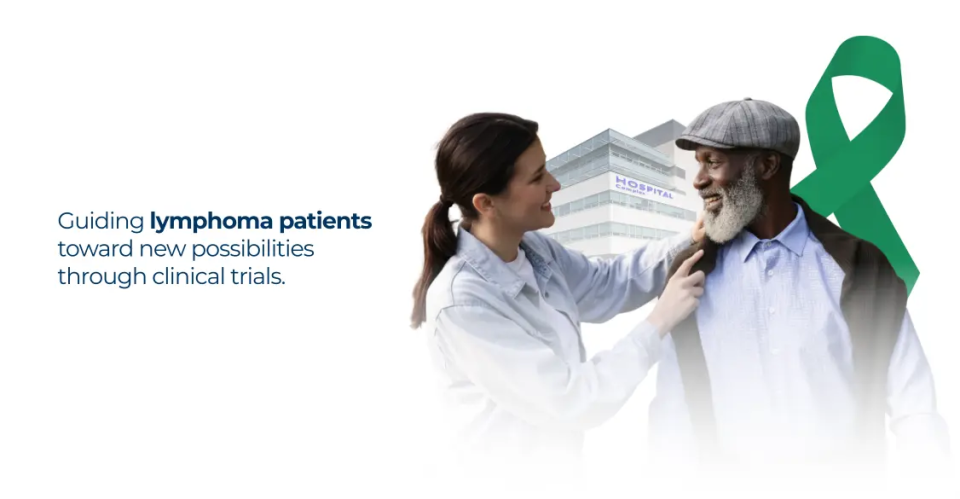Types
There are two main categories: Hodgkin lymphoma (HL) and non-Hodgkin lymphoma (NHL). NHL includes diffuse large B-cell lymphoma, follicular lymphoma, and other subtypes. Each type varies in aggressiveness and treatment response.
Symptoms
Symptoms may include swollen lymph nodes (neck, armpit, or groin), fever, night sweats, fatigue, weight loss, and itching. Some patients may feel chest pain or shortness of breath if lymph nodes press on nearby structures.
Causes
The exact cause is unknown, but risk factors include weakened immunity, viral infections (such as Epstein–Barr or HIV), autoimmune diseases, and long-term exposure to certain chemicals or pesticides.
Treatments
Treatment options depend on lymphoma type and stage. They often include chemotherapy, immunotherapy (monoclonal antibodies like rituximab), radiation therapy, and stem cell transplant. For relapsed cases, CAR-T cell therapy is a promising option.
Support
Support involves infection prevention, fatigue management, nutrition guidance, and mental health care. Regular follow-up and vaccination are essential for patients undergoing immunosuppressive therapies.
To enroll in clinical trial, you must meet highly specific criteria that’s established by the researchers who are conducting the investigation. That includes detailed information about type of cancer, treatment history, response to treatment, and other data that is collected in medical records.
If you are being treated for cancer or any other disease, your doctor should have a complete record of your medical care, including specific information about what form of the disease you have and what treatments you have received. Your patient relations coordinator will contact you and inform you about the details.
Massive Bio provides its services to the patients and their doctors at no cost—you won’t have to pay anything to receive a clinical-research matching report. There are no hidden costs involved.
Massive Bio strictly adheres to all HIPAA guidelines and international regulations focused on maintaining your privacy. We take extra measures to secure your personal information, ensuring it is protected beyond the mandatory requirements.
Your doctor may know of a clinical research study being conducted in your area that’s recruiting participants and is right for you. However, Massive Bio uses its artificial intelligence powered platform to match patients to clinical research studies that give you the best chance of a positive outcome and are being conducted in a geographical location that makes sense for you.
Yes, Massive Bio keeps your doctor up to date on your status throughout your participation.


